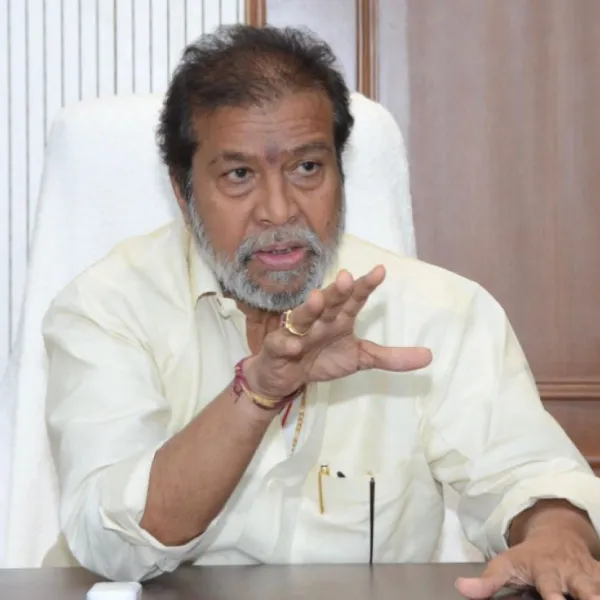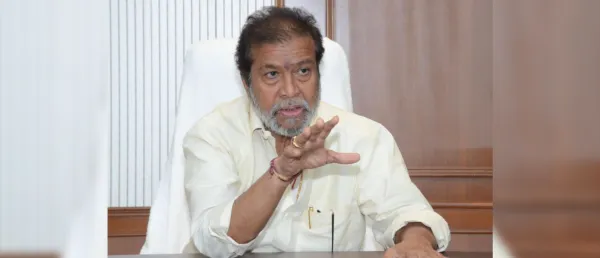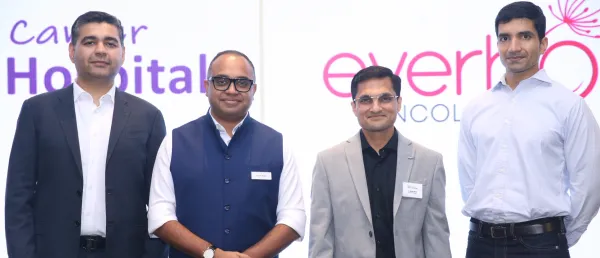Healthcare Industry Demands Higher Reimbursement Rate for Tertiary Care under PM-JAY

The healthcare industry is advocating for incentives and increased budget allocations in the upcoming Budget 2024-25.
In a pre-Budget meeting with Finance Minister Nirmala Sitharaman on Thursday, the healthcare industry urged for increased reimbursement rates for tertiary care under the Pradhan Mantri Jan Arogya Yojana (PM-JAY).
Additionally, it called for funds to boost hospital bed density across India.
Reportedly, the healthcare industry is advocating for incentives and increased budget allocations in the upcoming Budget 2024-25.
Underlining the Issue
The PM-JAY scheme, launched in September 2018, provides INR 5 Lakh free health cover per year to 107 million underprivileged households.
However, the scheme's low reimbursement rates for tertiary care have been criticized by private sector hospitals, which constitute 85% of tertiary care beds.
Girdhar Gyani, director general of the Association of Healthcare Providers of India (AHPI), said, “We have suggested two options — increase the reimbursement rates for tertiary care and allow patients to pay charges above the PM-JAY reimbursements in high-end hospitals.”
Further, the association presented data to the government highlighting that India has less than two beds per 1,000 population, significantly below the World Health Organization's standard of 3.5 beds per 1,000 population.
There are stark regional disparities, with states such as Karnataka boasting 4.2 beds per 1,000 population, while Bihar has a mere 0.3 beds, forcing residents to seek healthcare in other states.
“The government has to take some steps to address this disparity,” the director general urged.
Other Concerns
During the meeting with the Finance Minister, industry leaders highlighted the need for affordable financing options and cheaper land to facilitate the establishment of hospitals, particularly in Tier-III cities.
“Prime Minister Modi's vision of 3,000 hospitals in Tier III towns with 100 beds each remains unrealized. To achieve this, the private sector requires government incentives, including cheaper electricity, land, affordable loans, and streamlined approvals,’’ suggested Gyani.
Moreover, the industry said that the government subsidizes certain adult vaccines to enhance public health.
These measures, combined with increased reimbursement rates and funding for hospital infrastructure, are seen as crucial steps toward bolstering India’s healthcare system.
In addition to this, the Indian Red Cross' VC, Anand Pandhari, advocated for the creation of a specialized cell to strengthen the implementation of the national education policy within the healthcare sector.
This was the ninth pre-budget consultation chaired by FM Sitharaman, attended by experts from both the health and education sectors, as well as various key government officials.
Earlier, India's interim budget for the fiscal year 2024-25 proposed an outlay of INR 90,171 Cr for the health sector. Back then, a Parliamentary Panel recommended a further increase in budget allocation for the Ministry of Health and Family Welfare.
The panel called for the establishment of a mechanism to ensure optimal fund utilization, emphasizing the importance of meeting targets outlined in the National Health Policy 2017.
Stay tuned for more such updates on Digital Health News





























